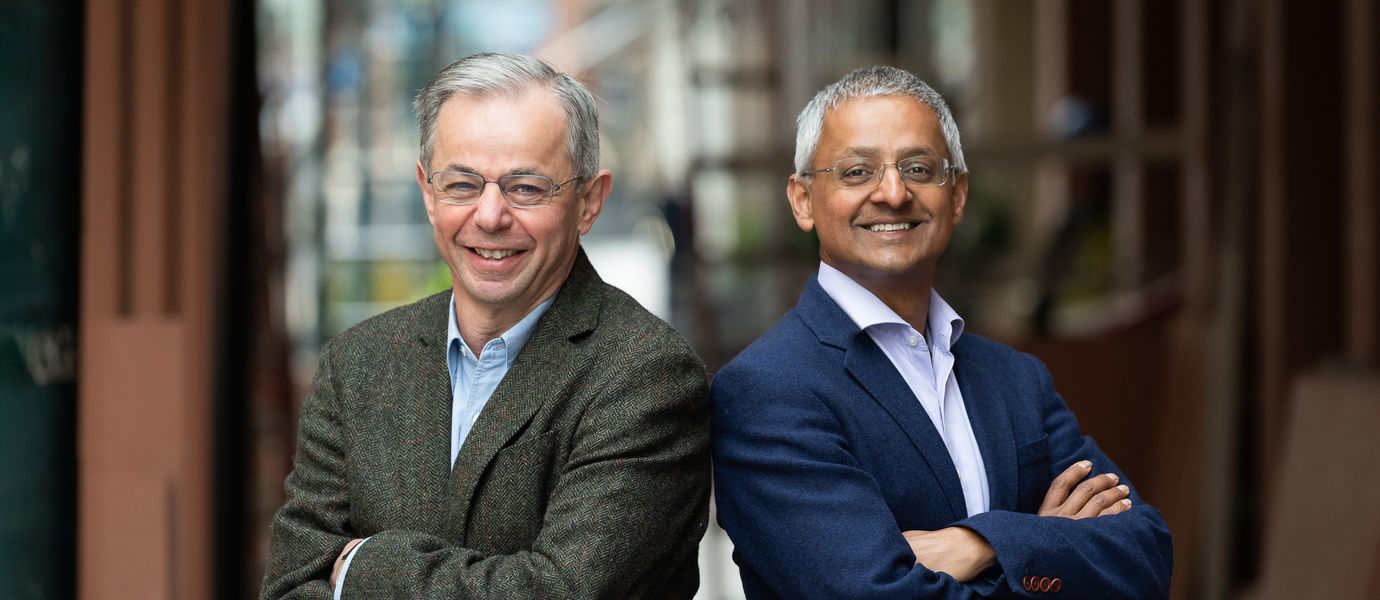He was declared the joint winner alongside David Klenerman of the award on 18 May 2021 in London. The duo was awarded the highest prize for their revolutionary DNA sequencing technique development by which DNA can now be read at superfast times.
The prestigious global tech award was awarded by the President of the Republic of Finland Sauli Niinisto, who is also the patron of the prize. The prize is given by Technology Academy Finland at a two-year interval since 2004. Both scientists were awarded 1 Million Euros as the cash prize of the reward.
This is the first time the award has been jointly won by two scientists. The initial recipient of the award was Sir Tim Berners-Lee for his discovery of the World Wide Web in 2004. The announcement for the year 2020 was delayed to the present year due to the increased risk of the coronavirus pandemic.

Balasubramanian is an India born British professor of medicinal chemistry while Klenerman is a British biophysical chemist. The duo co-invented the Solexa-Illumina Next Generation DNA Sequencing (NGS), technology enabling fast, accurate, low-cost and large-scale genome sequencing the method of determining the entire DNA sequence of an organism’s make-up, which is proving crucial in humanity’s fight against the Covid-19 pandemic.
“This is the first time we’ve received a world prize that recognises our contribution to developing the technology, but it’s not only for us, but it’s also for the entire team that played a key role within the development of the technology and for all people who have inspired us on our journey”. David Klenerman
Though the technology as an entire remains in its infancy, as far as application goes, it’s still invaluable to our future medical efforts to enhance and safeguard human life.
But just 20 years ago, this technology wasn’t quite so accommodating. Back within the year 2000, sequencing one human genome could take as long as a decade and will cost quite a billion dollars. The revolutionary nature of a technology isn’t simply decided by its level of innovation or its potential use. Innovation would be required to form genome sequencing faster, cheaper and more reliable at an equivalent time.
Meanwhile, the technology is getting used to trace and explore the novel coronavirus viral mutations, which may be a growing global concern.